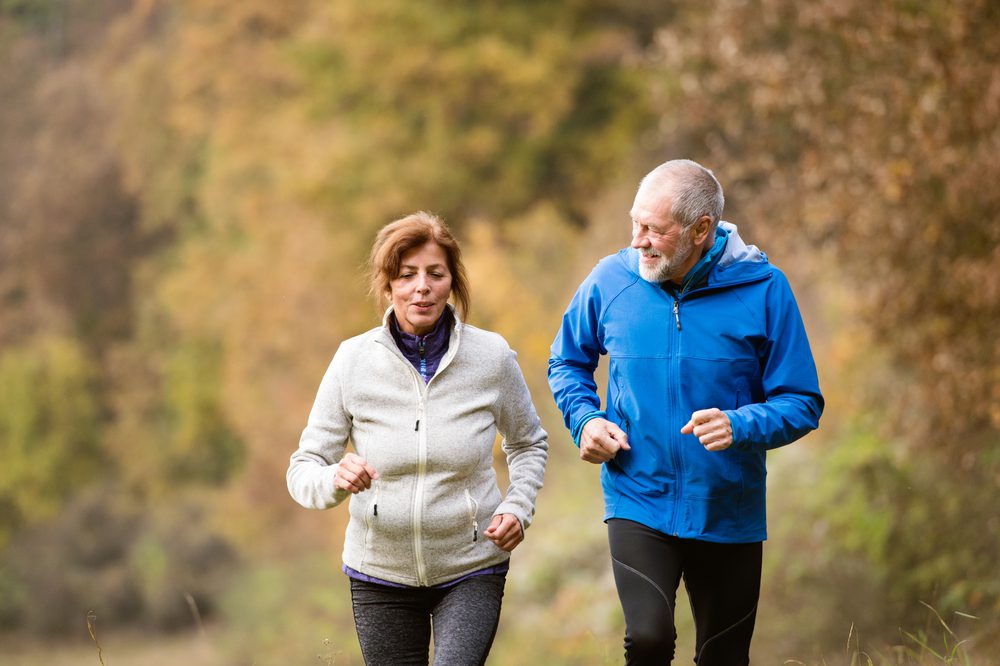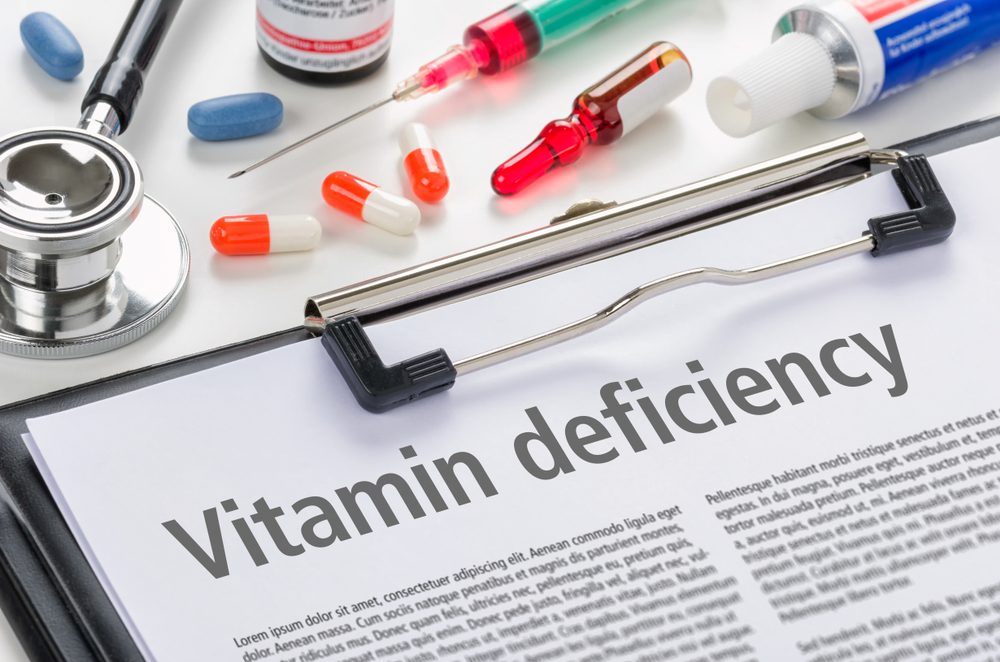Frequently Asked Questions About the MIND Diet
How quickly can I expect to see results from the MIND diet?
While some people report feeling more focused and energetic within a few weeks, the primary benefits of the MIND diet are long-term. It’s about protecting your brain over the course of years. Think of it as a marathon, not a sprint. The most important thing is consistency.
Are frozen berries and vegetables just as healthy as fresh ones?
Yes, absolutely! Frozen produce is often flash-frozen at peak ripeness, which locks in its nutrients. It’s a convenient, affordable, and excellent way to ensure you always have brain-healthy foods on hand, especially when certain items are out of season.
Do I have to give up my favorite dessert forever?
Not at all! The MIND diet is about limitation, not complete elimination. The goal is to reduce your intake of pastries and sweets to less than five times a week. You can still enjoy a special treat on occasion without derailing your progress. It’s about balance and mindful choices.
What if I have a nut allergy?
If you cannot eat nuts, you can still follow the principles of the MIND diet. Seeds, such as sunflower seeds and pumpkin seeds, can be a great alternative as they also provide healthy fats and vitamin E. Be sure to consult with your doctor or an allergist for personalized advice.
Is the one glass of wine per day a mandatory part of the diet?
No, it is not mandatory. The potential benefits are very modest and only apply to moderate consumption. Leading health organizations, including the National Institute on Aging, do not recommend that non-drinkers start drinking for health reasons. If you don’t drink, you can simply skip this component.
Where can I find reliable information on nutrition for seniors?
Reputable sources like the National Institutes of Health (NIH) and its subsidiary, the National Institute on Aging, provide excellent, evidence-based information on healthy aging and nutrition.
***




















